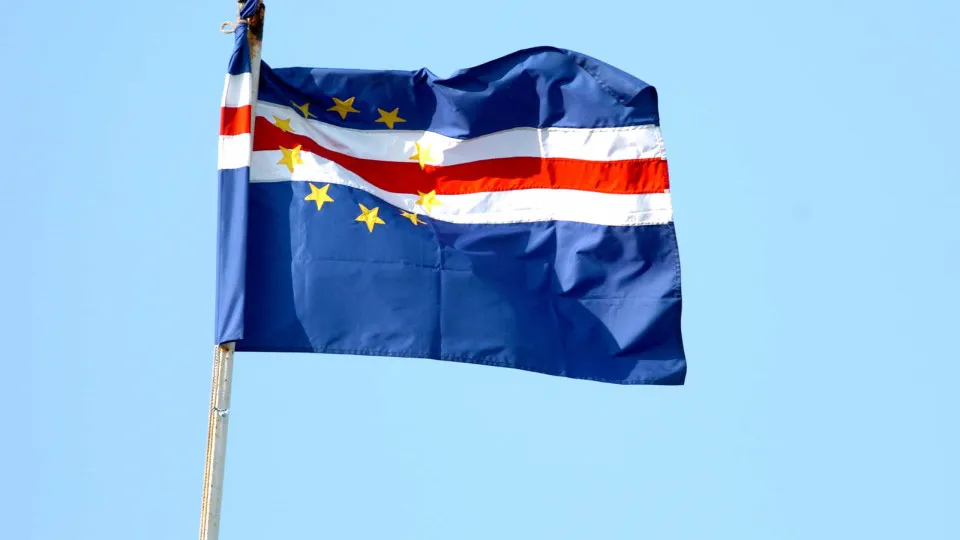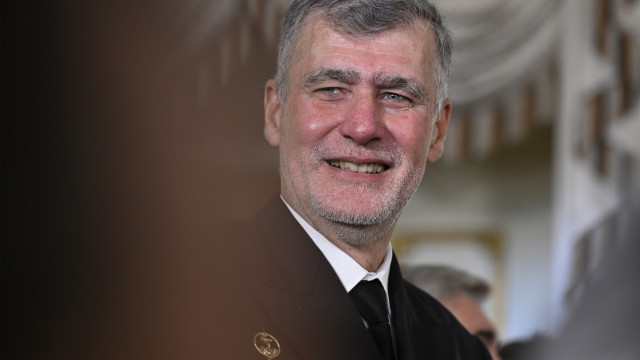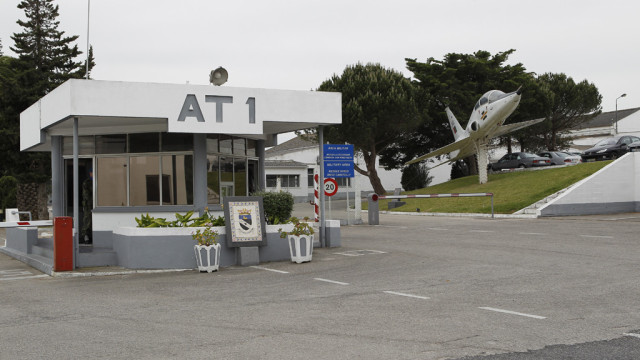The Mozambican Tax Authority has recently honored the Hidroeléctrica de Cahora Bassa (HCB) with the top ranking in two tax categories – income tax and global contribution. This recognition is attributed to the substantial amounts the company contributed to the public treasury during the 2024 fiscal year.
“HCB remains firmly dedicated to the Mozambican cause, practicing prudent and cautious management that contributes to state revenues through timely payment of taxes, fees, and dividends to the State,” stated Tomás Matola, the company’s chairman, in an official statement.
From 2022 to 2024, the company contributed over 23,172.45 million meticais (approximately 336 million euros) to the state budget through various tax payments, including VAT, IRPS, and IRPC. Additionally, it paid over 9,696.72 million meticais (around 140.6 million euros) as a concession fee for operating the hydroelectric project in the Tete province, which accounts for 37% of contributions made in the past 17 years, noted Tomás Matola.
The Mozambican state owns 90% of HCB’s share capital following its transfer from Portugal in 2007. Portuguese company Redes Energéticas Nacionais (REN) holds a 7.5% stake, while Electricidade de Moçambique has a 2.5% share.
As Mozambique’s leading electricity producer, HCB has announced a “slight recovery” in reservoir storage and stability levels for hydroelectric production in January.
“Due to improved inflow in January, the month’s final storage, initially projected at 19%, reached 21.7%, with increasing trends observed in the first week of February,” the company explained.
This recovery enabled HCB to continue supplying energy to Mozambique, South Africa, and other countries in southern Africa, “despite the ongoing regional drought since the 2023/24 hydrological year, mitigated by hydroelectric management measures implemented since 2024.”
The Cahora Bassa reservoir is Africa’s fourth largest, extending up to 270 kilometers in length and 30 kilometers in width, covering 2,700 square kilometers with an average depth of 26 meters and employing nearly 800 workers.
HCB anticipates record profits of 225 million dollars (215.4 million euros) in 2024 and aims to increase the currently low levels of water storage by the year’s end.
In a statement released on January 24, HCB’s management reported achieving a production of 15,753.52 GigaWatt-hours (GWh) in the previous year.
“This figure was achieved under adverse hydro-climatological conditions characterized by a severe drought resulting from the El Niño phenomenon, prompting the adoption and implementation of management measures for the reservoir’s exploitation intended to safeguard the hydraulic-operational safety of the dam and related infrastructure, resulting in better water storage levels for Cahora Bassa than the dams in upstream countries,” the statement reads.



